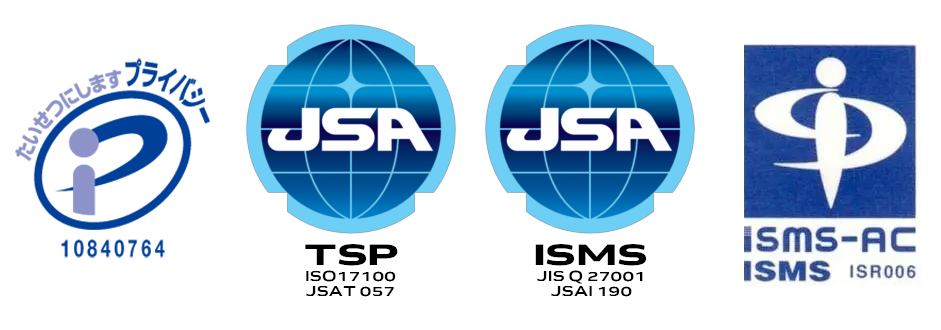Qualitative research collects and synthesizes information on a research theme through a variety of approaches, such as literature reviews, internet searches, interviews, and on-site visits. It is well-suited for gaining a detailed understanding of the current situation and realities of the target and for designing and implementing concrete actions. While quantitative research seeks to clarify facts through numbers, qualitative research can be described as a method that clarifies them through words.
Qualitative Research Methods
AtGlobal provides the following qualitative research methods (availability may vary depending on the country).
Online Desk Research

A core qualitative method involving comprehensive online searches to identify the required information. Printed material retrieval and review services are also available; however, these may incur additional charges.
Email/Phone Follow-ups

A method used to verify the accuracy of documents or resolve unclear points by conducting interviews via email or telephone. This is included as part of our standard qualitative research menu. However, in cases where more substantial preparation is required, such activities are treated as full interviews and may incur additional charges.
Interviews (Phone or Web Conference)

A method in which participants are interviewed on a specific topic. Typically, questions are sent in advance and a time is scheduled for the interview. Arrangements can also be made for the client’s representatives to attend if desired.
On-Site Visits

AtGlobal’s researchers conduct site visits to observe conditions firsthand and conduct interviews.
Additional Methods

Additional methods include central-location tests (CLT), where participants are invited to a designated venue to provide evaluations, and intercept interviews conducted in locations such as shopping districts, train stations, or airports.
Strengths of Qualitative Research
Well-suited to gaining an accurate, granular understanding of real-world conditions, including legal and regulatory contexts.
Goes beyond identifying general trends, enabling a deeper understanding of the psychology and background behind certain actions or decisions, as well as clarifying areas for improvement or participant expectations.
By allowing participants to freely express their opinions, it sometimes reveals user insights that would not have been noticed otherwise.
Limitations of Qualitative Research
Compared to quantitative research, it places a heavier burden on participants. Some may also feel uncomfortable expressing their thoughts verbally. It may therefore require careful participant selection and conducting the research at an appropriate scale.
With the rise of remote work, office phone outreach has become less effective.
The depth and quality of findings can vary significantly depending on the skills of the interviewer or researcher.
Key Considerations for Conducting Qualitative Research
Achieving satisfactory results requires not only high-level communication skills in the target language but also strong research abilities. It is advisable to verify both.
Significant differences often exist between overseas markets and Japan—for example, in the degree of information disclosure, the responsiveness of public institutions, or even the length and timing of public holidays. Schedules should therefore include adequate flexibility.
In societies where distinctions based on class or ethnicity exist, interviewer selection becomes especially important. In some regions, communication also requires awareness of local taboos. Consulting a research firm that is familiar with local customs and conditions is strongly recommended.
Research Methods
Pricing, Research Workflow & Case Studies
Contact
Feel free to contact us.



